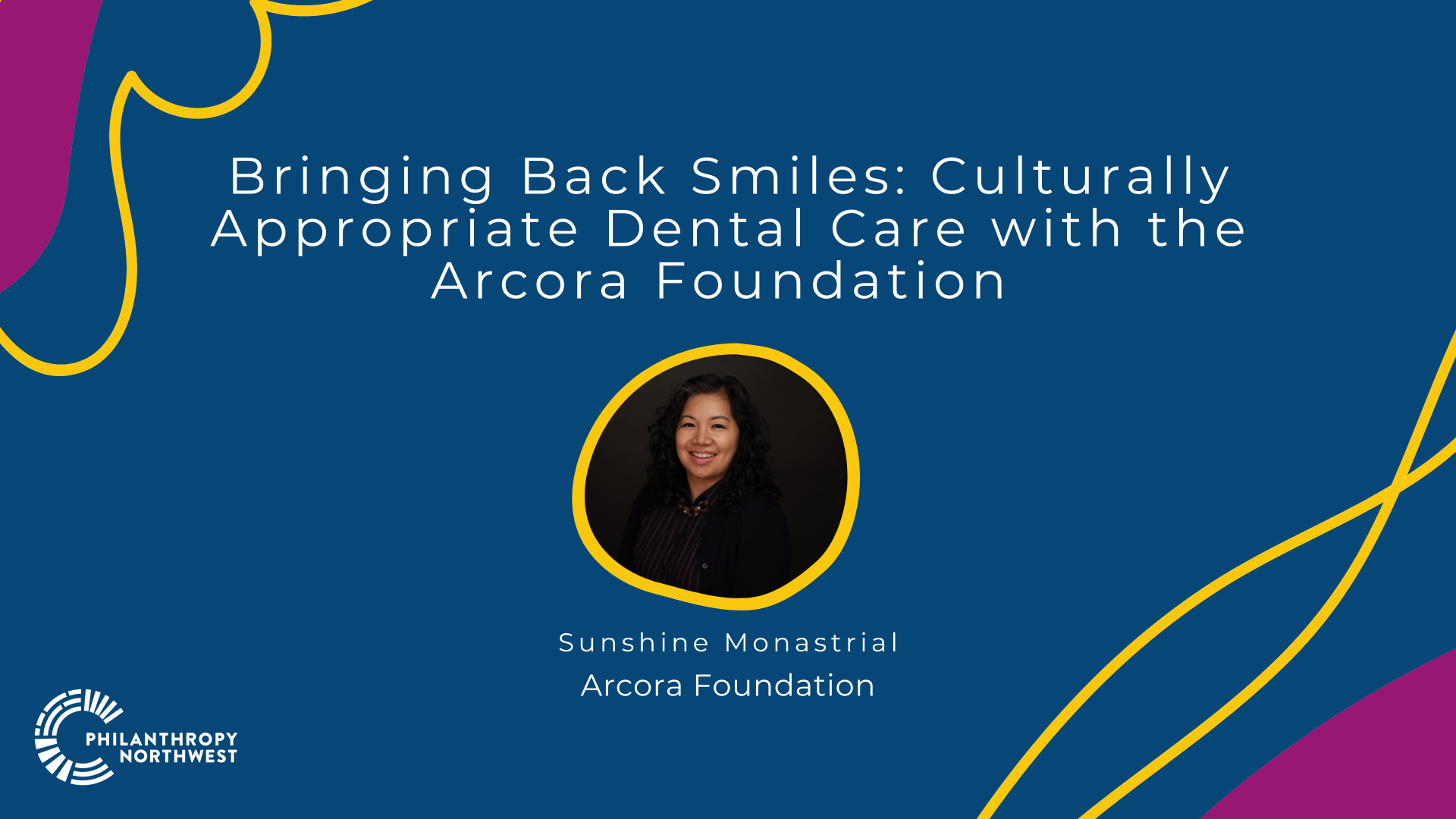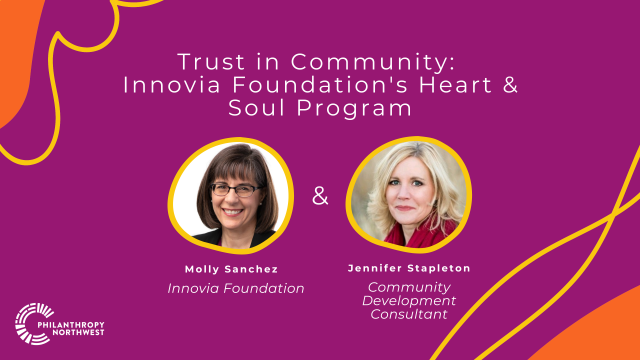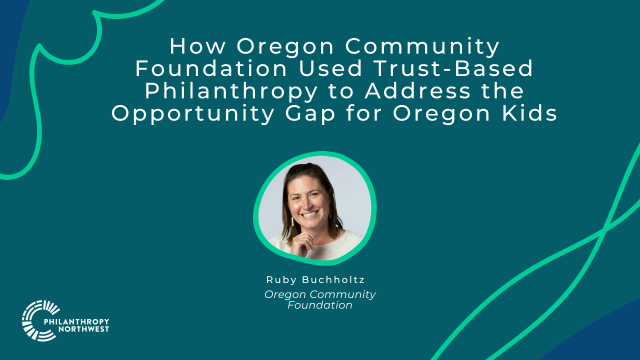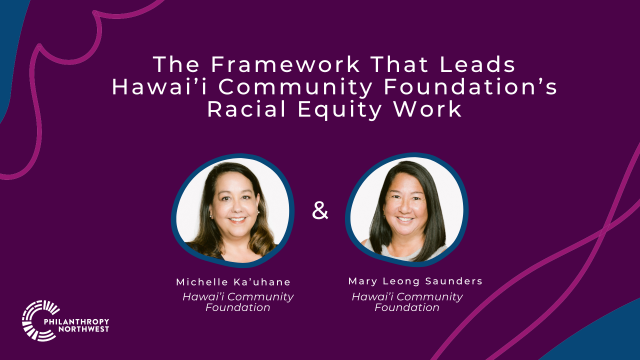
The Arcora Foundation addresses inequities in dental care through their rich community programs including their mobile dental clinic and no-cost referral services, along with their Capital Clinic Access (CCA) Grants program. The CCA grants provide capital funding to federally qualified health centers, tribal and nonprofit dental clinics to increase the number of folks they can serve within their communities, specifically communities that experience the greatest health disparities.
Sunshine Monastrial, vice president at Arcora, explained the common oral health disparities they see in communities, and the systems that have cultivated these issues. “The disparities we see are not exclusive to the region we serve which is primarily Washington state. Black, Indigenous and People of Color, as well as people who are low income or reside in rural areas, experience the greatest disparities,” Sunshine says. “Community members struggle to find providers, especially providers who look like them, have their same background or who have been trained in culturally appropriate care. If they manage to find a provider, they may not have the money to actually see them, and if they do have the finances, the center is too far and they can’t make the trip. There are always barriers, many of which are rooted in historical trauma and systemic racism. That’s why we have the CCA grants to support our more programmatic work, and are actively engaging in policy work to have further reaching impact.”
Culturally appropriate care is care that is delivered by and from people of the community. "For us, some of the work we do around culturally appropriate care looks like funding training for more dentists of color, offering translation services, having someone present with the patient who can engage in cultural conversations around healthy food, medicine and health” Sunshine says. “We also have been making internal efforts. Our board is majority BIPOC, we’re examining the ways we can better partner with community while also not having them do the work for us, and our leadership better reflects the communities we serve.”
The CCA grants program started more than two decades ago in 2001, and since then has grown, moving through many versions of itself, always developing for the better. “The CCA grants have been around since the early 2000s, and like our foundation, there have been plenty of changes,” Sunshine says. “Prior to 2001, we were focused on providing oral health materials, like toothbrushes, floss, toothpaste. Things like that. Then, we started partnering with clinics, helping them grow their services and better serve communities."
"And now, as a foundation, a portion of our focus has shifted upstream towards policy and more systemic work" Sunshine continues. "We’re leaning into community partnerships and engagements as a critical lever to change systems across all our strategies. We leverage our community partnerships to elevate the voices of historically underrepresented communities so that more people, especially those most impacted by disparities, receive the oral health care they deserve. We want to close these disparities. That’s what we’re trying to do."


